President Ram Nath Kovind on Tuesday emphasised everyone should follow “constitutional morality” and constitutionally-mandated procedures regardless of any “ideological differences” as he quoted BR Ambedkar.
President Kovind was addressing the joint sitting of Parliament called to commemorate the Constitution Day, which was boycotted by the Congress and some other opposition parties.
“Dr Ambedkar, while underlining the importance of ‘constitutional morality’, emphasised that the essence of ‘constitutional morality’ was to regard the Constitution as supreme and to follow the constitutionally-mandated procedures regardless of any ideological differences,” the President said.
“All the three organs of the state, persons gracing the constitutional posts, members of the civil society and common citizens of India are expected to abide by ‘constitutional morality’,” he added.
President Kovind also pointed out that the election of 78 women members to 17th Lok Sabha, the highest number of women members ever elected to the Lower House, is a “glorious achievement for our democracy.”
“Today, all the members of the Standing Committee of Parliament on Empowerment of Women are women. This signifies an important social and political change reflective of a bright future,” he said.
The government observed ‘Constitution Day’ or ‘Samvidhan Diwas’ on Tuesday in the Central Hall of Parliament to mark the 70th anniversary of the adoption of the Constitution by the Constituent Assembly in 1949.
The joint session began with an address by the Speaker Om Birla, followed by Prime Minister Narendra Modi and vice president M Venkaiah Naidu.
In its protest against the “installation of an illegitimate government” in Maharashtra, Congress’ interim president Sonia Gandhi read out articles in front of the statue of BR Ambedkar inside the Parliament House complex.
Leaders of the Left parties, Nationalist Congress Party (NCP), Trinamool Congress and Dravida Munnetra Kazhagam (DMK) were also present during the protest.
Since the first Constitution amendment made by the Provisional Parliament in 1951, when the Rajya Sabha was not in existence, the Constitution has been amended 103 times so far.
The Constitution has been amended 102 times through passage of amendment acts by both the Houses since their first sitting held on May 13, 1952, after the first general election in the same year, a statement issued by Rajya Sabha chairperson M Venkaiah Naidu’s office said.
The first amendment came in 1951 and empowered the ‘State’ to undertake affirmative action for the advancement of any socially and economically backward classes or categories of Scheduled Castes and Scheduled Tribes by restricting the application of Fundamental Rights
The latest 103rd amendment in 2019 specifically enabled 10% reservation for the economically weaker sections in educational institutions and in appointments.
Of the total 103 amendments to the Constitution made so far, 32 related to the matters of states, including reorganisation, transfer of territories, conferring the status of statehood or union territory, delimitation of constituencies, making special provisions in respect of some states, inclusion of some languages in the Eighth Schedule of the Constitution.
The statement said 12 amendments were aimed at extending the reservation for Scheduled Castes, Scheduled Tribes and Anglo-Indians in Parliament and state legislatures.
Eight each were related to reservations in educational institutions and employment including in promotions besides restricting fundamental rights of the citizens for promotion of larger objectives of social justice and to protect laws concerning Zamindari abolition and land reforms, it added.
Since coming into being in 1952, the Rajya Sabha has passed 107 Constitution Amendment Bills out of which one was negatived by the Lok Sabha while four have lapsed on the dissolution of the Lower House, the statement added.




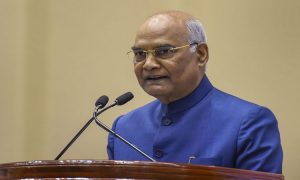

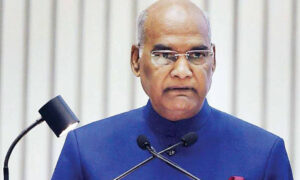



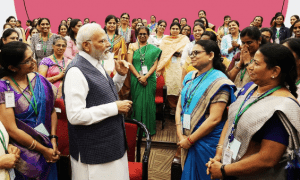



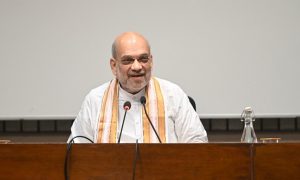

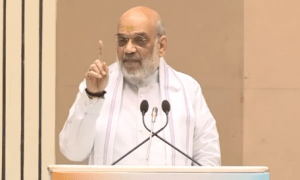

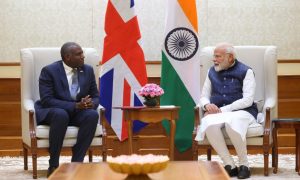



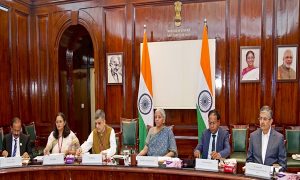



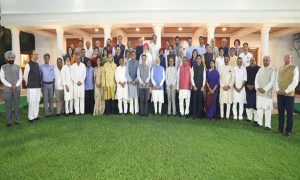

 WhatsApp us
WhatsApp us